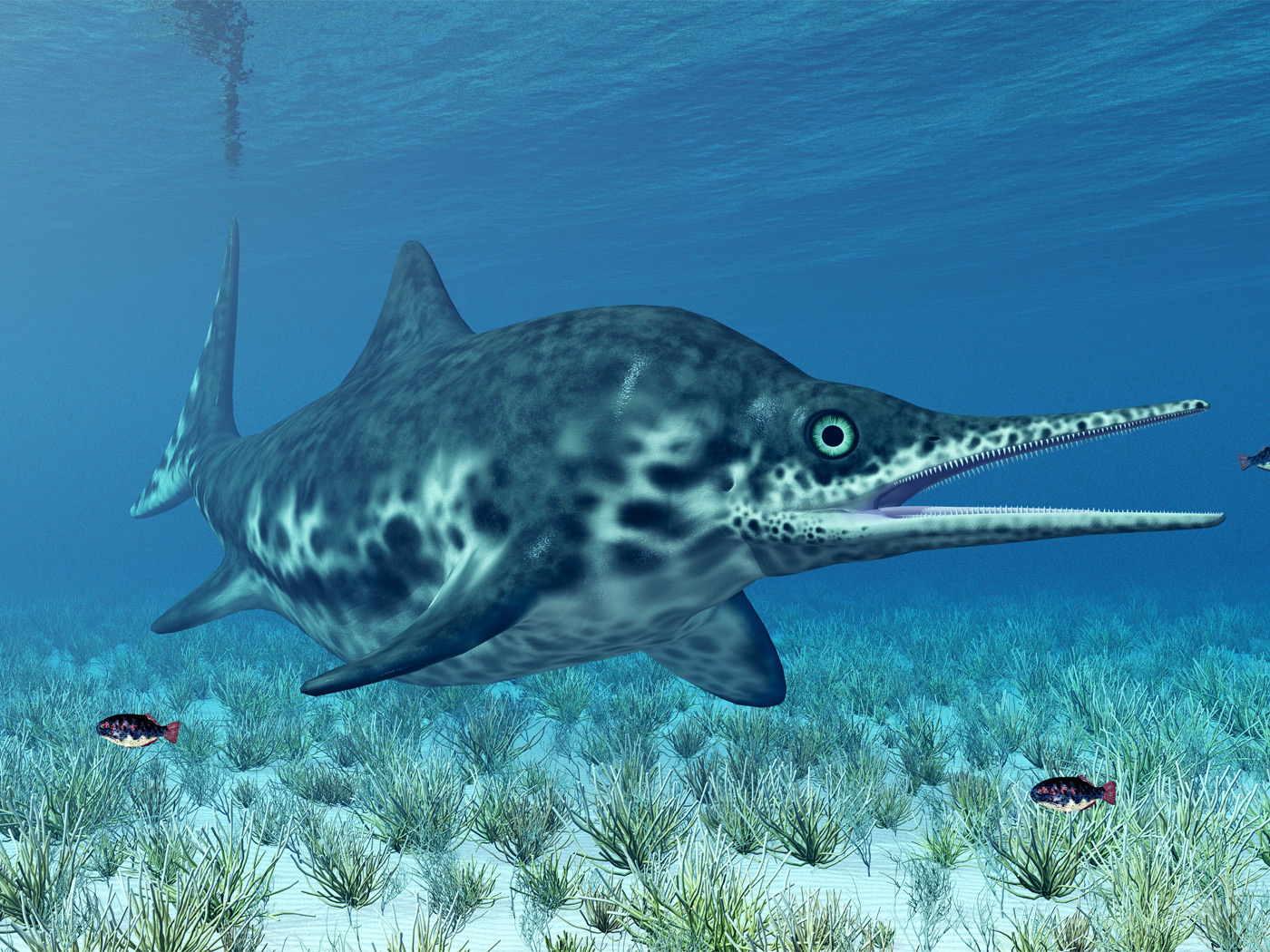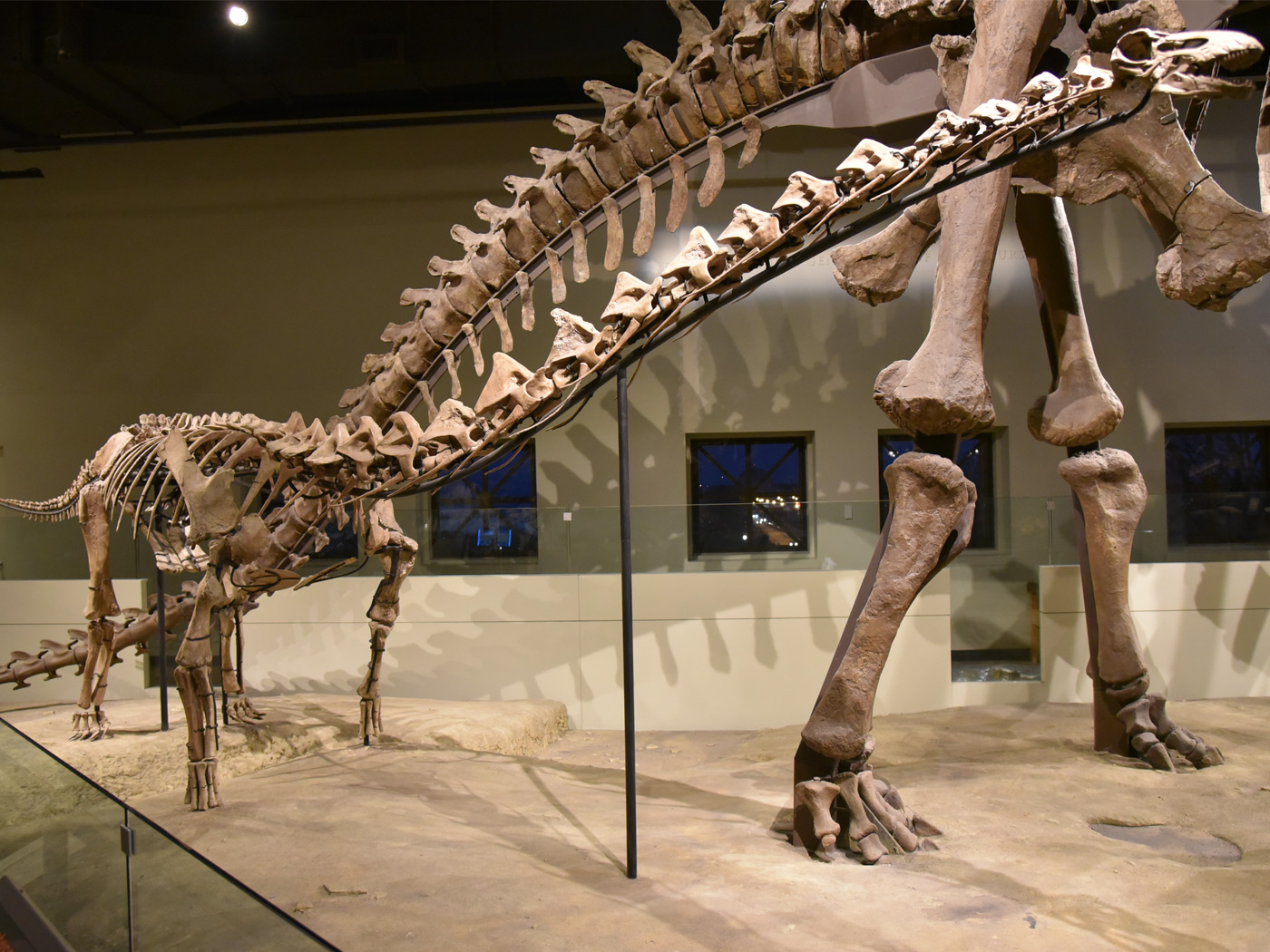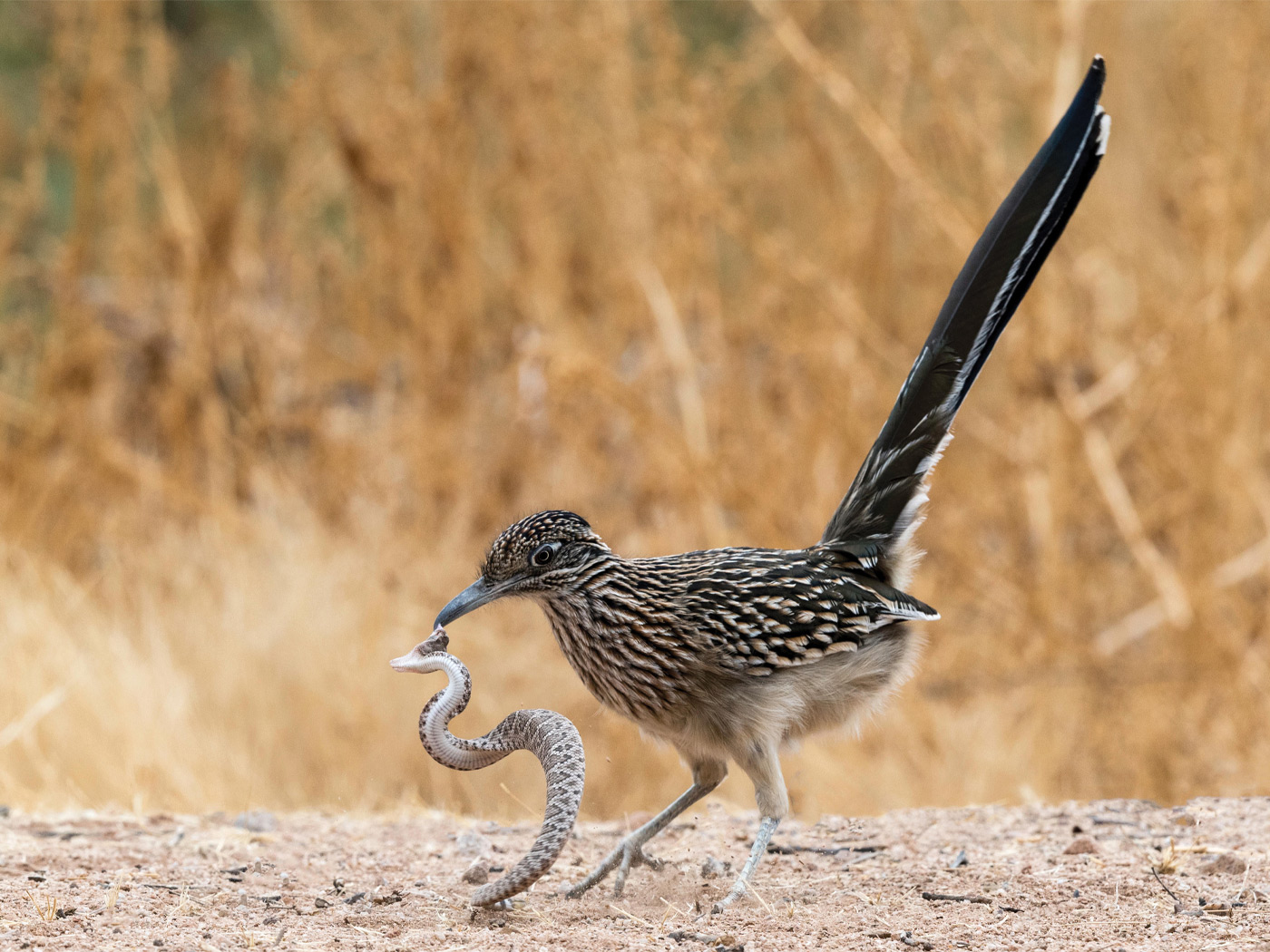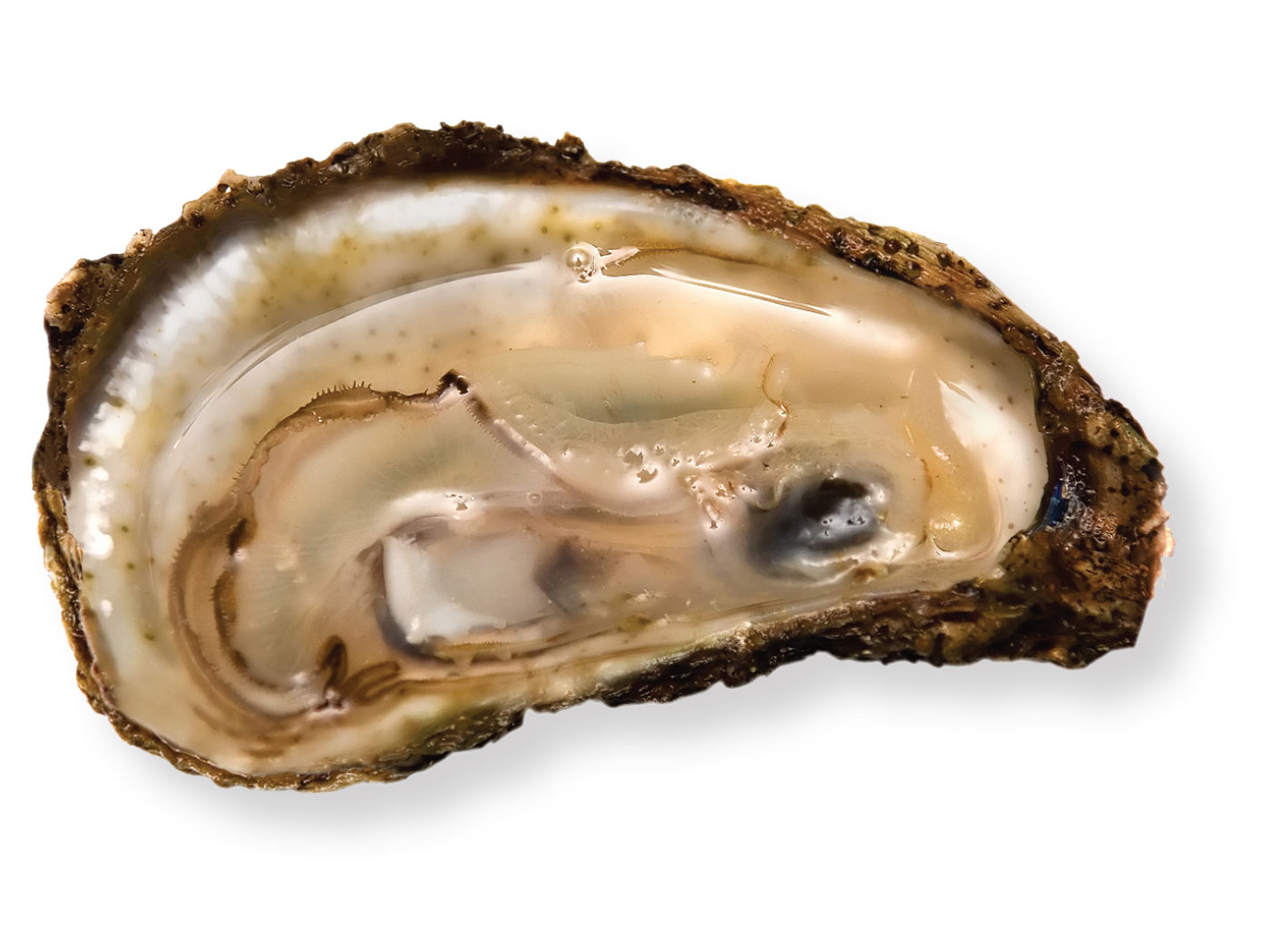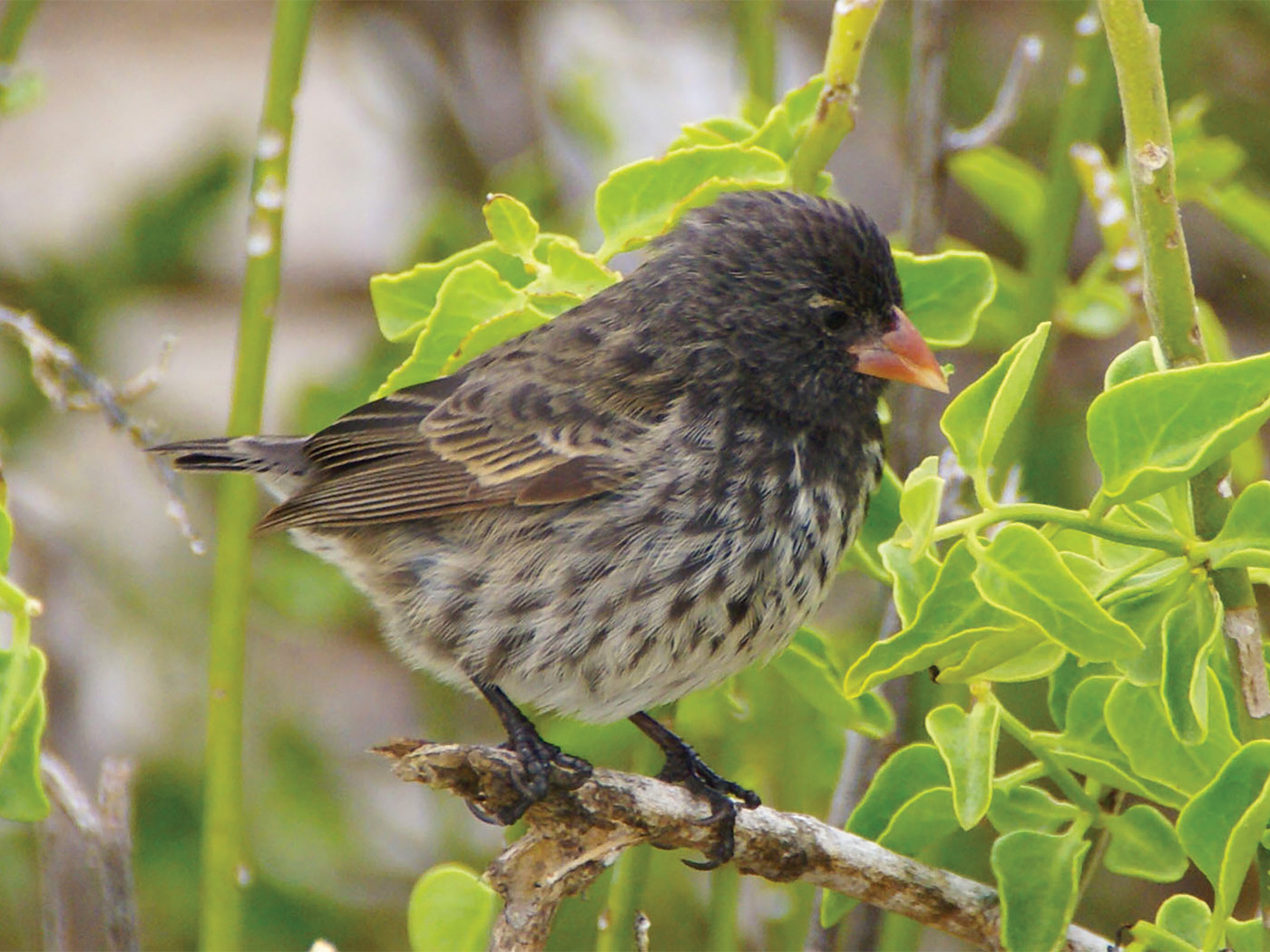“Marvel not that I said unto thee, Ye must be born again.” (John 3:7)
The term “born again” has come into such common use in recent years, even in political campaigns, that its tremendous meaning has been all but lost. But Jesus—who ought to know, being none other than God incarnate—said, “Ye must be born again!” Furthermore, He said it to Nicodemus, one of the most religiously knowledgeable people of that day.
He did not say to Nicodemus that “they must be born again,” meaning the unbelieving multitudes who were not as instructed in the things of God as they should be. Nor did he say that “we must be born again,” meaning all of us mortals including Himself. Rather, Jesus said, “Ye must be born again!”
Even a man like Nicodemus must be born spiritually—born again (literally, “born from above”)—if he were ever to see the Kingdom of God (John 3:3). In answer to his question as to how this could be, Jesus said he must be born of the Spirit, supernaturally. But Nicodemus—as well as each of us—was born a sinner and was still a sinner, even failing to recognize Christ as Son of man and Son of God. How could he be born again? The answer is in a second imperative: “And as Moses lifted up the serpent in the wilderness, even so must the Son of man be lifted up: That whosoever believeth in him should not perish, but have eternal life” (John 3:14-15). If “ye must be born again,” then “even so must the Son of man be lifted up.” Christ must die for our sins before it can ever be possible that a lost sinner can be born again. Since Jesus Christ was lifted up on the cross to die for us, our burden of sin has also been lifted up and placed on Him. If we would enter God’s Kingdom, we must be born again through faith in Him! There is no other way! HMM
 Days of Praise Podcast is a podcast based on the Institute for Creation Research quarterly print devotional, Days of Praise. Start your day with devotional readings written by Dr. Henry Morris, Dr. Henry Morris III, and Dr. John Morris to strengthen and encourage you in your Christian faith.
Days of Praise Podcast is a podcast based on the Institute for Creation Research quarterly print devotional, Days of Praise. Start your day with devotional readings written by Dr. Henry Morris, Dr. Henry Morris III, and Dr. John Morris to strengthen and encourage you in your Christian faith.









